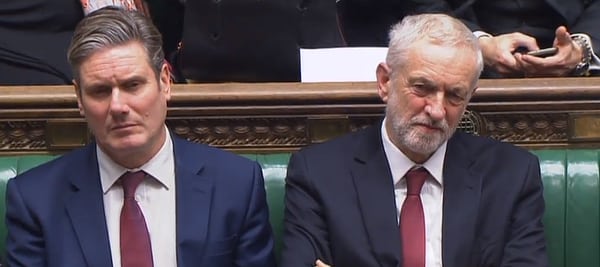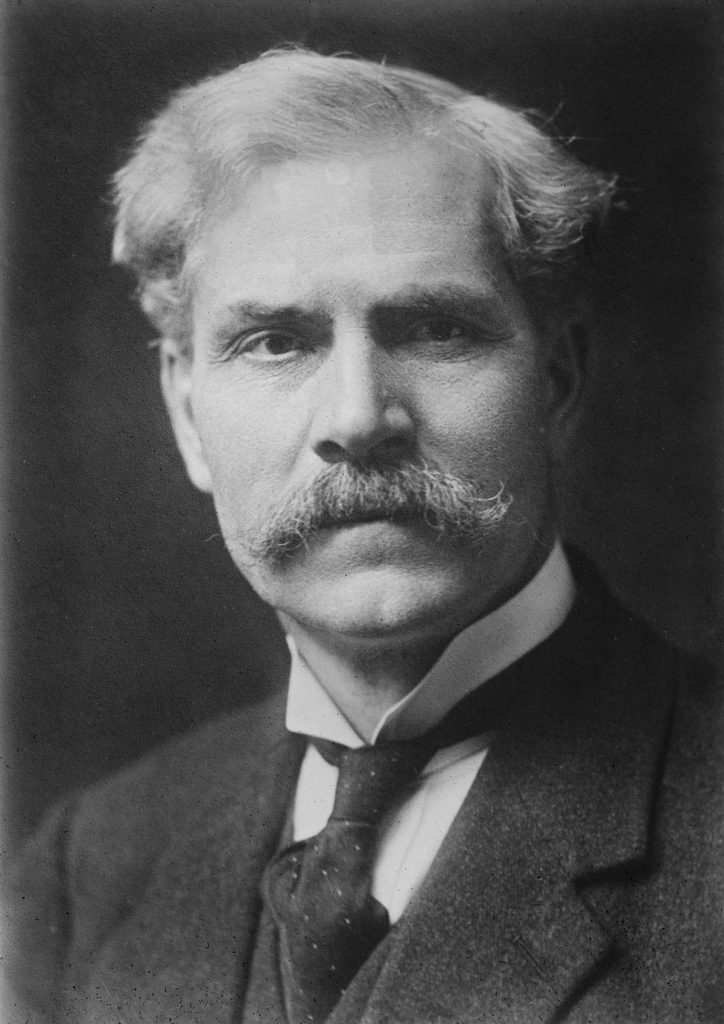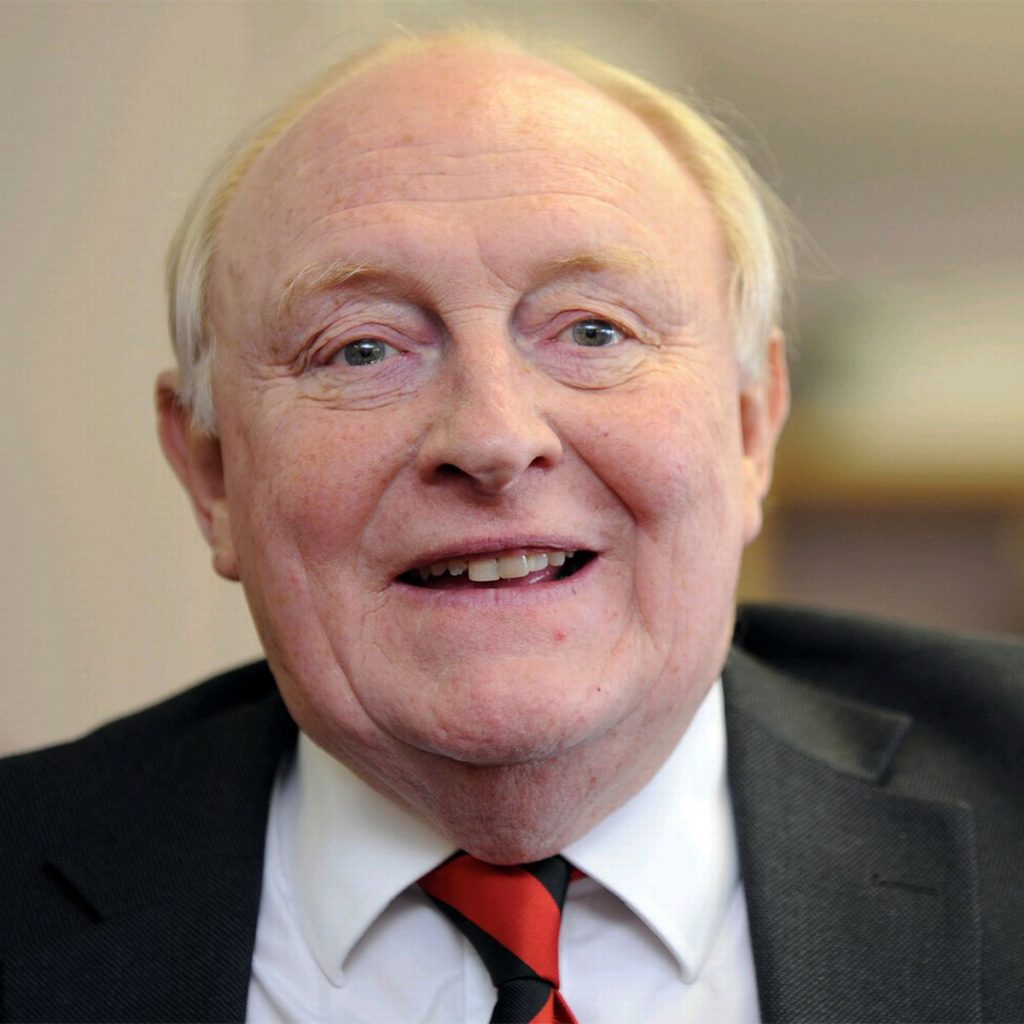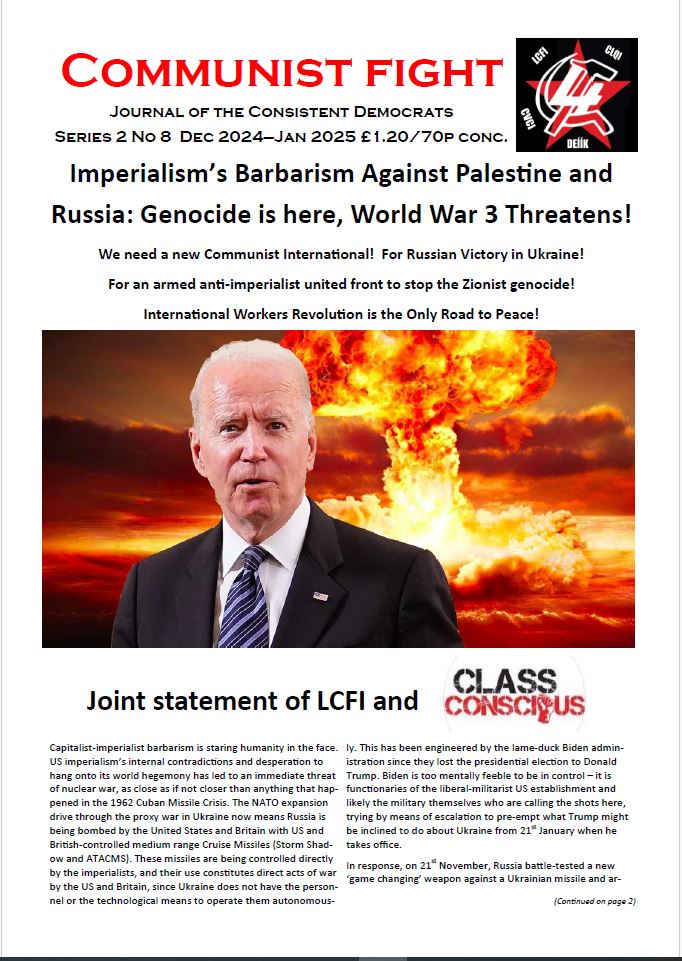
At the time of the Industrial Revolution Britain gained the moniker of the ‘workshop of the world’. Its industrial strength made it the first truly capitalist industrial world power. Statues of its conquering heroes litter the cities of imperial Britain: Cromwell, Wellington, Rhodes, Clive, Churchill, Montgomery, and often from a slightly earlier period, those of its slave-traders, Colston, Cass, Havelock, Drake. The anti-racist movements that have rocked the Western ‘free world’ in recent years, having their initial epicentre in the United States, in this country have hit against the ethos of Brexit and its glorification of the ‘buccaneering spirit’ of early British capitalism that was integral to imperial expansion.
Basically this ‘buccaneering’ spirit they are trying to invoke is the 17th century one of plundering and exploiting other nations and peoples. Buccaneering is often a euphemism for piracy, though outright pirates were deemed so because they plundered and killed purely on their own account. Those plunderers whom the British term ‘buccaneers’ were acting at least partially on behalf of Britain, had official approval, with a kind of British letter to prove it. But to all intents and purposes they were indistinguishable from pirates. In those days the British in the Caribbean were trying to drive out the Spanish and Portuguese as much as possible, their ‘buccaneering’ largely took place a long way from home and was at the expense of colonisers mainly from the Iberian Peninsula, as well as the French.
Today, British imperialism is no longer the workshop of the world, but a third-rate military power with precious little industry left. It depends instead for its wealth on its financial services industry, whose material basis is rooted with Britain’s so-called ‘invisible earnings’, which amount to the economic interests remaining around the world from its former Empire that do not depend on formal political control, also bound up with tax havens, which the British ruling class closely guard, and which have a tendency to draw in financial resources from around the world. Protected of course, now that political control has gone, by the world power of US imperialism, as part of the quid-pro-quo whereby in return for such protection Britain becomes one of the most slavish supporters of US imperialism in the world (a.k.a. the ‘special relationship). Britain’s financial industry is crucial to the survival of British capitalism and such activities as tax dodging and money laundering have become much more central to this than it was in the days when Britain had substantial manufacturing industry. Indeed, it is those sections of the bourgeoisie most bound up with such activities, as opposed to Britain’s residual industries, that drove Brexit. The ‘buccaneering’ that the Brexiters seek to promote is the plundering of as much as they can from the world’s poor and oppressed by Britain’s financial capitalists.
British Capitalism: from Finance Capital to Financial Capital
Financial capital (as opposed to old fashioned finance capital: the union of industrial and banking capital) is what drives British capitalism today. That was what the ‘Thatcher revolution’ consisted of, basically. The eclipse of industrial capital, of the old banking-industry relationship by a financialised model of capitalism in the 1986 ‘Big Bang’ of financial and stock market deregulation was the whole point of Thatcher’s anti-union attacks of the 1980s. Indeed the ‘Big Bang’ would not have been considered possible until the vital, strategic defeat had been administered to the social-democratic-led British labour movement with the defeat of the 1984-5 miners’ strike.
The British ruling class had been trying to defeat the unions for quite a while previously – both the 1964-70 Labour government’s White Paper In Place of Strife and the Heath government’s Industrial Relations Act were obviously aimed at decisively weakening the unions with the aim of restoring the profitability of British manufacturing and finance capital. But with that economic model, they could not really succeed, as with an intact manufacturing base, the working class was simply too strong. But the evolving strategy of neoliberalism, which crystallised in the late 1970s, and not just in Britain, encompassed the need to substantially, and (they hoped) decisively weaken the proletariat in the advanced countries, though the export of large number of manufacturing jobs to lower waged semi-colonial countries, in effect inflicting a major defeat on the organised proletariat by moving large chunks of it lock, stock and barrel to places where its historical struggles would have to start virtually from scratch.
This major restructuring of British capitalism also meant a major restructuring of the British labour movement. The apotheosis of Britain as the ‘workshop of the world’ in the 19th Century had led to the growth of a mass working class and trade union movement, which initially the British ruling class tried to crush both in terms of its agitation for political freedom and democratic rights (Peterloo), and later repression against the Chartists, and in terms of trade union struggles (Tolpuddle). But despite such setbacks, trade unions did grow to substantial strength in the 19th Century. They became quite respectable and bourgeois during the period of Britain’s world hegemony and monopoly in the mid to late 19th Century, generally giving their support to the Liberals.
The dawning of the epoch of imperialism towards the end of the 19th Century, i.e., monopoly capitalism whose expansionist essence was expressed in a massive expansion of colonialism, led to Britain’s world dominance being broken by other emerging imperialist powers, including France, the US and most notably Germany. The economic convulsions of this change, by degrees, broke the British labour movement from its allegiance to the Liberals. In parallel with a new and more militant growth of trade unionism. This gave birth to a class collaborationist, but independently organised, Labour Party, dominated by a political and trade union bureaucracy who saw its function as negotiating with the bosses of industrial/finance capital over the price of labour power and social benefits derived from that, within the framework that their pro-capitalist politics considered that British capitalism could afford. These limitations were at times contested by Communists of varying types, but never overcome. Within this framework, the class struggle and the political fortunes of the Labour Party ebbed and flowed through the 1926 General Strike, two world wars, culminating in the scare that British workers gave to the ruling class in the early-mid 1970s, when for the first time in British history a Tory government – Edward Heath’s – was brought down essentially by workers’ own class struggle actions and the political effects of that.

The defeat of the miners a decade later represented a qualitative break from that. The jobs massacre that both preceded and followed that shifted the axis of British capitalism and also its relationship with the political labour bureaucracy. There had been anticipations of outright treachery from this quarter earlier, most notably in 1931 when in a major unemployment crisis triggered off by the 1929 Wall Street Crash and the Great Depression that followed it, the Labour Prime Minister Ramsay MacDonald and his Chancellor Phillip Snowden, in order to launch a major attack on the already meagre benefits available to the unemployed, was forced to break with the Labour Party completely and go into coalition with the Tories. In those days, despite the depression over the British working class caused by the defeat in 1926, there was no way that bulk of Labour’s political bureaucracy, linked to finance capital and industry by the substantially developed ‘common interest’ of class collaboration with large scale employers of the working class, could accept such an attack. MacDonald and Snowden signed their own political death certificates with this action and were forever excoriated as traitors, though the labour bureaucracy under their successors in that decade were incapable of fighting back against the attacks the MacDonaldites had perpetrated.
Ramsay MacDonaldism now Dominates Labour
Today there are forces in the political Labour bureaucracy that have repeatedly done similar things and are not so isolated. In fact, the bulk of today’s political Labour Party bureaucracy has a very different relationship with British capitalism to those in the earlier period, which in large measure can be explained by the shift in the makeup of British capitalism itself and the rise of financial capital at the expense of the older model. From the mid-1980s we had the rise of what was called Ramsay MacKinnockism, with the flagrant stabbing of workers struggles by the Labour leadership under Neil Kinnock without any attempt to disguise it. Kinnock’s leadership first saw the rise to prominence of Peter Mandelson, who became even more of a central ideological figure in the Blairite period and as is well known, is the mastermind behind Starmer’s massive purges of the Labour left today. Mandelson summed up the entire changed relationship to capital of the Blairised, that is, financialised, Labour right-wing leadership when he said that Labour was “‘intensely relaxed about people getting filthy rich”, as part of the Blair government of New Labour that was praised by Margaret Thatcher as “my greatest achievement” and which made clear before it was elected that it intended to keep the vast majority of Thatcher and Major’s anti-union laws and privatisations. Not to mention that under Blair’s leadership, Labour became the pro-US war party, the initiator of the Iraq war, unlike the days when Harold Wilson carefully avoided direct involvement in Vietnam.
Thus, a major shift in the makeup of British capitalism has catalysed a major shift in the relationship of the bureaucracy of the Labour Party with this reconfiguring British capitalism. The position of the Labour left is key in the Party is key to this. The archetype of the Labour right from the earlier period, Denis Healey, once remarked that Labour was like a bird: it needed two wings to fly, its left wing and its right wing. This summed up the attitude to the reformist left of the mainstream of the labour bureaucracy under the old regime of collaboration with finance capital. It was one of co-optation and a degree of compromise.
That is no longer possible. The whole point of Thatcherism and neoliberalism, of which Kinnockism/Blairism and that wing of the Labour bureaucracy have become an integral part, is that it is quite right that the social power, collectivity and living standards of the proletariat, should be qualitatively, substantially reduced. Therefore, there can be no compromise between the Blairised right and even mild-mannered left reformists like Jeremy Corbyn, who do not seek at all to overthrow British capitalism but would like to reverse at least the worst aspects of the ‘Thatcher revolution’ and deliver some basic social reforms. The problem is that Thatcherised ‘Labourism’ does not inspire mass support from the working class, and in the mid 20-teens New Labour faced a sustained loss of support, as expressed in losing elections.
Their desperate attempts to overcome this produced an opportunity for mass support for basic social-democratic reforms to be expressed, through Corbyn’s being elected leader. But the Blairised, financialised political Labour bureaucracy and parliamentary contingent could not tolerate this for a moment, and their tactical response was simple sabotage and deliberate attempts to undermine Corbyn, sabotage and engineer the loss of elections, and even boasting publicly about an attempt to destroy Corbyn “as a man” in the manner of some nutcase cult psychological gangbang. The financialisaton of British capitalism and its loyal servants in the Labour bureaucracy has led, also, to a growth in influence of Zionism among such layers, for reasons that are quite explicable historically. Thus, the war of these Zionised Blairites against Corbyn and Corbynism, which is still accelerating, signifies the opposite policy to that of Denis Healey. Far from needing two wings to fly, their concept after Corbynism is that the British Labour Party should be purged of social-democratic reformism altogether.
Reformist Utopianism Needs to be Overcome. Fight for Communism!
The underlying reason is that the decline of British imperialism, and its industrial base, has rendered the core programme of social-democratic reformism unrealisable within the framework of the British capitalism we have today. Past gains won by the mass pressure of the workers and implemented by social democratic governments, archetypally the NHS, are under massive attack from the Tories and the ruling class, and the Blairites fully support this, even if at times their representatives have to dissemble and try to hide this to avoid giving ammunition to the left. The only way that substantial, sustainable social gains can be achieved today is through the establishment of a workers’ state, and the forcible suppression of the political power of the capitalists.



As Marxists today, we do not seek to put into power the neoliberal crypto-Tory right-wing leaders of the Labour Party. The Ramsay Kneel MacKinnockites, the Blairites, the Mandelsons, the Starmers, the Jess Philipps and Stephen Kinnocks who visibly celebrated in the mass media when the Corbyn-led Labour Party lost the 2019 Election, and were visibly shocked and horrified when Corbyn destroyed Theresa May’s majority and came close to winning outright in the election in 2017. The mass of the working class does not have any illusions that these types represent a class alternative to the Tories and other bourgeois parties.
We seek to help the subjectively socialist, left social democratic elements to fracture Labour decisively and create a new working-class party. There is an historic opportunity, right now to do this, to create a genuine working-class party with a mass base – the mass base of the Corbynite movement – that would not, at least at the beginning, have a privileged bureaucracy ruling the roost over it. Thus, the possibility exists of replacing Labour, as a bourgeois workers party with a hardened bureaucratic and now neoliberal caste on top of it, with a genuine workers party, completely devoid of such a caste, which would be capable of political development beyond left-reformist utopianism toward revolutionary Marxism. Indeed, the very impetus of such a split might very well propel many of its followers further left.
Of course, Labour and its mass membership do not exist in a vacuum. The trade unions are a key part of the broader labour movement, were marginalised by the Blairites in their ascendancy, and are under attack from Starmer once again. Such a party would have to confront the right-wing in the unions and move beyond the left bureaucracy and its limitations and potential for treachery also. As part of fighting for a transitional programme to point toward the need for revolution, Marxists must raise demands to end the privileged salaries of union officials and subordinate their activities to workers democracy.
In any case, this analysis must underpin the political activities of revolutionary Marxists in this period and we in the Consistent Democrats will do all we can to popularise it and build a movement around it.

